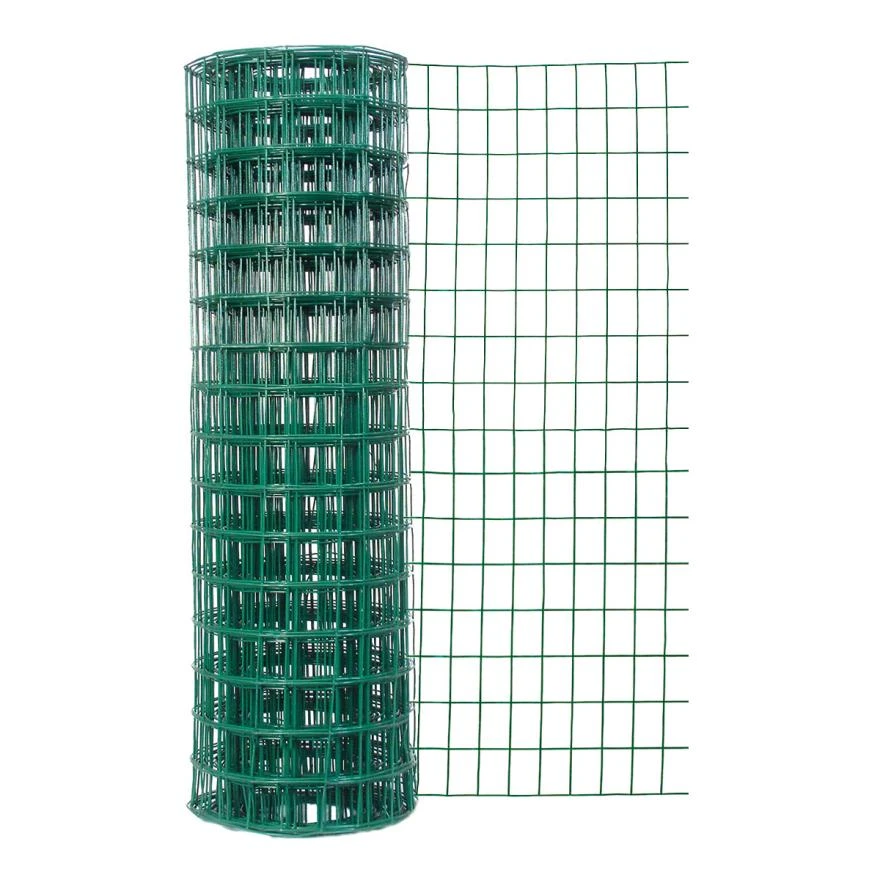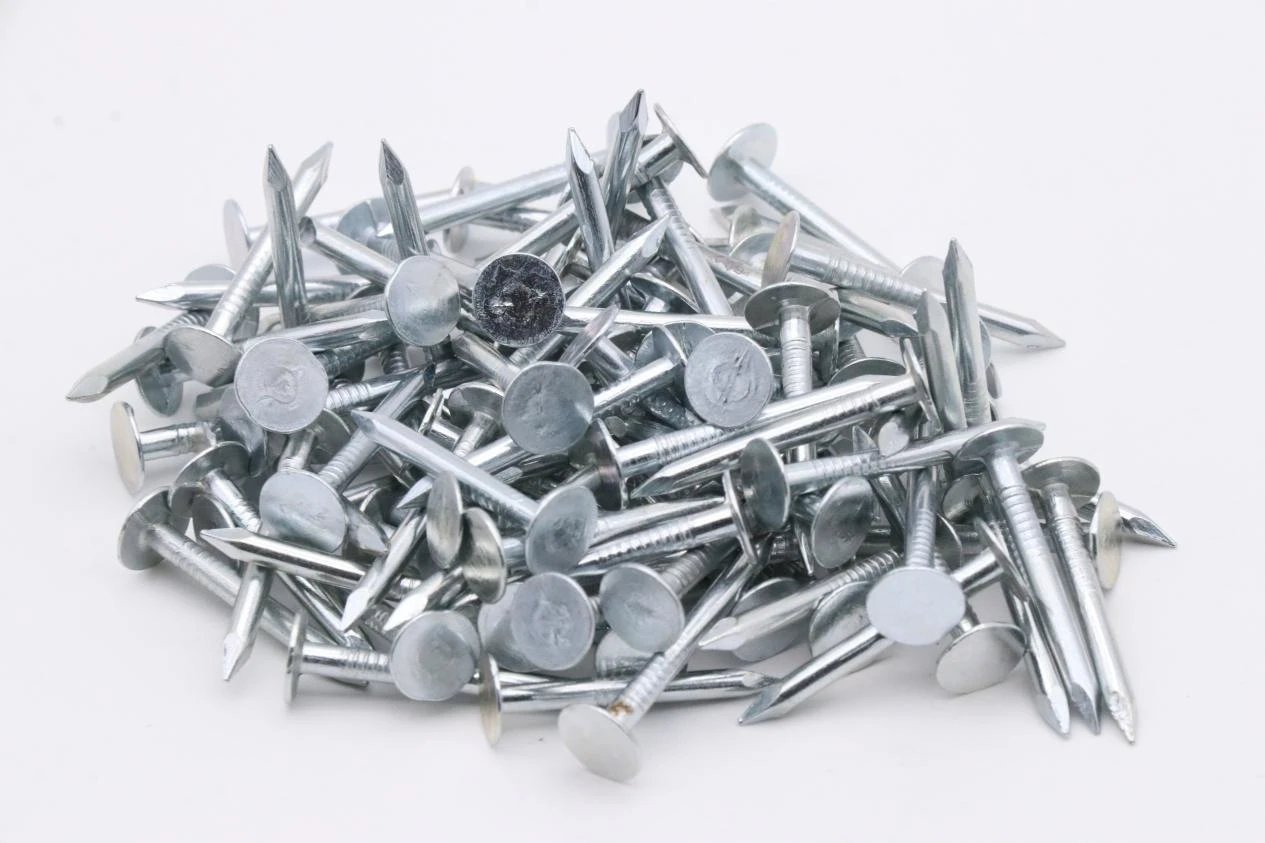Choosing the Right Light Trailer Springs for Your Needs and Budget
Déc . 12, 2024 02:01
Understanding Light Trailer Springs A Comprehensive Guide
When it comes to towing trailers, whether for recreational purposes or commercial use, understanding the components involved is essential for safety and efficiency. One of the critical components of a trailer is the spring system, particularly light trailer springs. These springs play a vital role in load distribution, stability, and providing a comfortable ride experience. This article delves into the function, types, and importance of light trailer springs, helping you make informed decisions for your towing needs.
What Are Light Trailer Springs?
Light trailer springs are a type of suspension spring specifically designed to support lighter loads typically found in smaller trailers. Unlike heavy-duty trailer springs, which are engineered for larger and heavier loads, light trailer springs are more flexible and provide adequate support for things such as utility trailers, small campers, or lightweight boat trailers. These springs are crucial for ensuring that the trailer remains stable and safe while in motion.
The Function of Trailer Springs
The primary function of trailer springs is to absorb shocks and bumps from the road, which helps to smooth out the ride for both the trailer and the vehicle towing it. When a trailer hits a pothole or a speed bump, the springs compress and expand to absorb that energy. This protection not only enhances ride comfort but also prevents the potential damage to the trailer's frame and cargo, which could occur if the suspension system were inadequate.
In addition to shock absorption, trailer springs help in load distribution. They evenly distribute the weight of the cargo, contributing to balance and stability. Proper weight distribution is vital to avoid swaying, which can lead to dangerous driving conditions.
Types of Light Trailer Springs
There are several different types of light trailer springs available, each with its specific applications. The most common types include
light trailer springs

1. Leaf Springs These are the most traditional type of trailer springs. Leaf springs consist of multiple layers of steel strips and are known for their simplicity and effectiveness in load-bearing. They provide excellent support and are commonly used in light trailers.
2. Torsion Springs Torsion springs operate differently from leaf springs. They use a twisting motion to absorb shocks and provide a smoother ride. Due to their design, torsion springs often require less maintenance than leaf springs and are less likely to corrode.
3. Coil Springs Coil springs are another option for light trailers. They offer a high degree of flexibility and can provide a cushioned ride. Coil springs are typically used in applications where shock absorption and ride quality are priorities.
4. Rubber Springs Rubber suspension systems are becoming increasingly popular due to their durability and low maintenance requirements. They can handle varying loads efficiently and provide a great deal of comfort for the trailer's occupants.
Importance of Choosing the Right Springs
Selecting the proper light trailer springs is vital for the overall performance and safety of your trailer. Different trailers require different types of springs depending on their weight capacity, intended use, and the road conditions they will typically encounter. If the springs are not suitable for the load they carry, it can lead to premature wear, instability, and even accidents.
Additionally, the ride quality and handling of the trailer can be significantly affected by the type of springs used. For instance, if your trailer is sagging or bouncing excessively, it may be a sign that the springs are either underweight or damaged, necessitating a replacement.
Conclusion
In conclusion, light trailer springs are an essential component of any trailer system. They provide the necessary support for safe towing, enhance ride comfort, and ensure that loads are distributed evenly. Understanding the types of springs available and their specific advantages will assist you in making informed decisions about your trailer setup. Regular maintenance and timely replacement of springs are crucial to ensure the longevity and performance of your trailer, making it safer and more enjoyable to use. Whether you're traversing rugged terrain or cruising on smooth highways, the right suspension will make all the difference.









 Unity
Unity Creation
Creation Challenge
Challenge Contribution
Contribution










